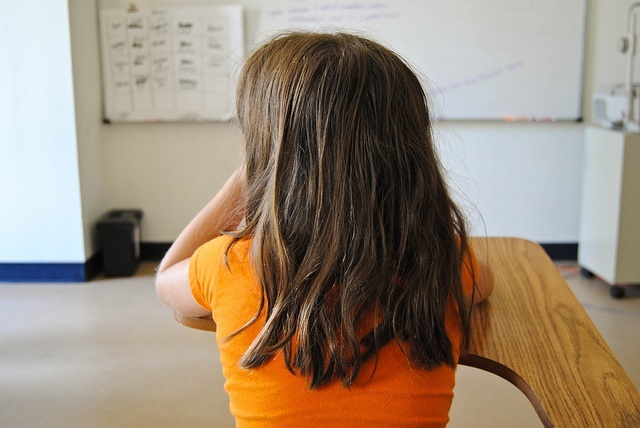A study by Matthew M. Chingos of the Brookings Institution and Paul E. Peterson of Harvard University confirms a positive long-term effect of school vouchers for minority children. The results of the study should lead to more support for school choice options, Chingos said in an interview with School Reform News.
In the study, “Experimentally Estimated Impacts of School Vouchers on College Enrollment and Degree Attainment,” Chingos and Peterson write, “We provide the first experimental estimates of the long-term impacts of a voucher to attend private school by linking data from a privately sponsored voucher initiative in New York City, which awarded the scholarships by lottery to low-income families, to administrative records on college enrollment and degree attainment. We find no significant effects on college enrollment or four-year degree attainment of the offer of a voucher. However, we find substantial, marginally significant impacts for minority students and large, significant impacts for the children of women born in the United States.”
Minority Students Most Affected
The study shows minority students benefited the most from the voucher program.
“We looked at some subgroups of students, and that’s where we saw positive impacts,” said Chingos.
The study “shows significantly positive voucher impacts for the children of African American mothers of six percentage points on college enrollment on a base enrollment rate of 42 percent.”
Among the same group of students, more minority students who received the vouchers obtained a bachelor’s degree than students who did not receive a voucher.
Chingos said he wanted to answer the question, “Did getting a voucher back in the ’90s have an impact on the likelihood of students succeeding?”
Small Vouchers, Surprising Impact
The data Chingos and Peterson used came from the New York School Choice Scholarships Foundation Program (SCSF), which in the spring of 1997 offered three-year scholarships worth a maximum of $1,400 annually to as many as 1,000 low-income families. The children who received the vouchers either were entering first grade or were public school students about to enter grades two through five. A recipient could attend any one of the hundreds of private schools, religious or secular, in the city of New York, the report noted.
“I think we were surprised to find any impact at all. It was a very small voucher,” said Chingos.
Chingos said it would be unreasonable to put too much weight on any one study, but there is clear enough evidence to support additional school choice programs.
“I think it says that we ought to continue to experiment with school choice,” said Chingos. “These are some promising results. It shows more research and experiment is warranted.”
Heather Kays ([email protected]) is a research fellow with The Heartland Institute and is managing editor of School Reform News.
Image by Elizabeth Albert.
Learn More:
Matthew M. Chingos and Paul E. Peterson, “Experimentally estimated impacts of school vouchers on college enrollment and degree attainment,” Abstract and purchase information, sciencedirect.com, February 2015: http://www.sciencedirect.com/science/article/pii/S0047272714002461
“School Vouchers Help Low-income Minority Students Earn a College Degree,” Harvard Kennedy School News and Events, January 2015: http://www.hks.harvard.edu/news-events/news/press-releases/nyc-school-voucher-study





